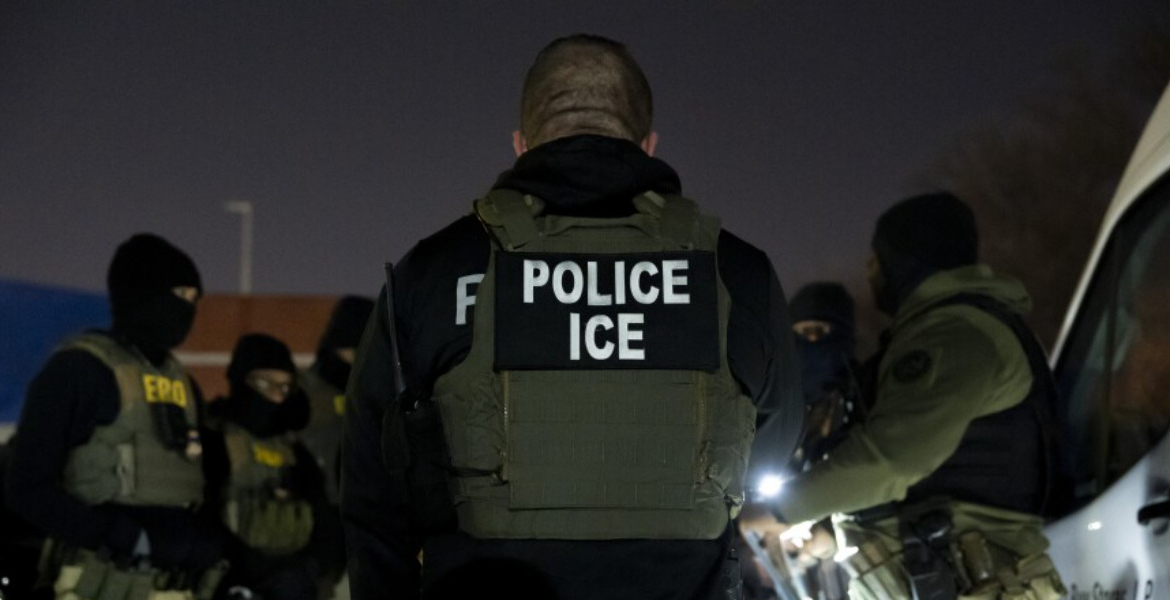
Police ICE
- 159 views
US Immigration and Customs Enforcement (ICE) is under increasing scrutiny for its handling of immigrant students and scholars detained in connection with pro-Palestine protests.
Reports reveal that detainees are being transferred to remote detention facilities in the southern United States, raising concerns about access to legal representation and support networks. These transfers are happening as government attorneys cite a shortage of available beds in facilities near the detainees' arrest locations as justification for the transfers.
Adriel D. Orozco of the American Immigration Council notes that the scale and distance of these transfers are unprecedented, suggesting that the current administration's approach represents a significant shift in policy, one that prioritizes control over the well-being of detainees. Among those affected is Mahmoud Khalil, a Columbia University graduate student arrested at his New York residence on March 8.
Within 24 hours, he was transferred to a detention center in rural Louisiana, far from his legal team and family. Georgetown University Professor Badar Khan Suri was initially held in Louisiana before being moved to a Texas jail. Tufts University student Rumeysa Ozturk was apprehended in Boston and transported to a private prison in southern Louisiana.
ICE's authority to determine the location of detainees has drawn criticism from immigration lawyers and civil rights groups, who argue that such transfers are logistically challenging and strategically isolating. This makes it difficult for detainees to access legal counsel and maintain connections with their families.
Louisiana, Texas, and Mississippi have become hubs for immigration detention, housing 14 of the nation's 20 largest facilities. Civil rights organizations have labeled these centers, often located in remote areas, "black holes" due to their poor conditions and lack of transparency. ICE defends its actions, citing logistical constraints and the need to optimize limited detention resources.
The implications of these practices extend beyond the individuals directly affected, raising broader questions about the balance between national security and human rights, as well as the ethical responsibilities of a system tasked with managing immigration.
